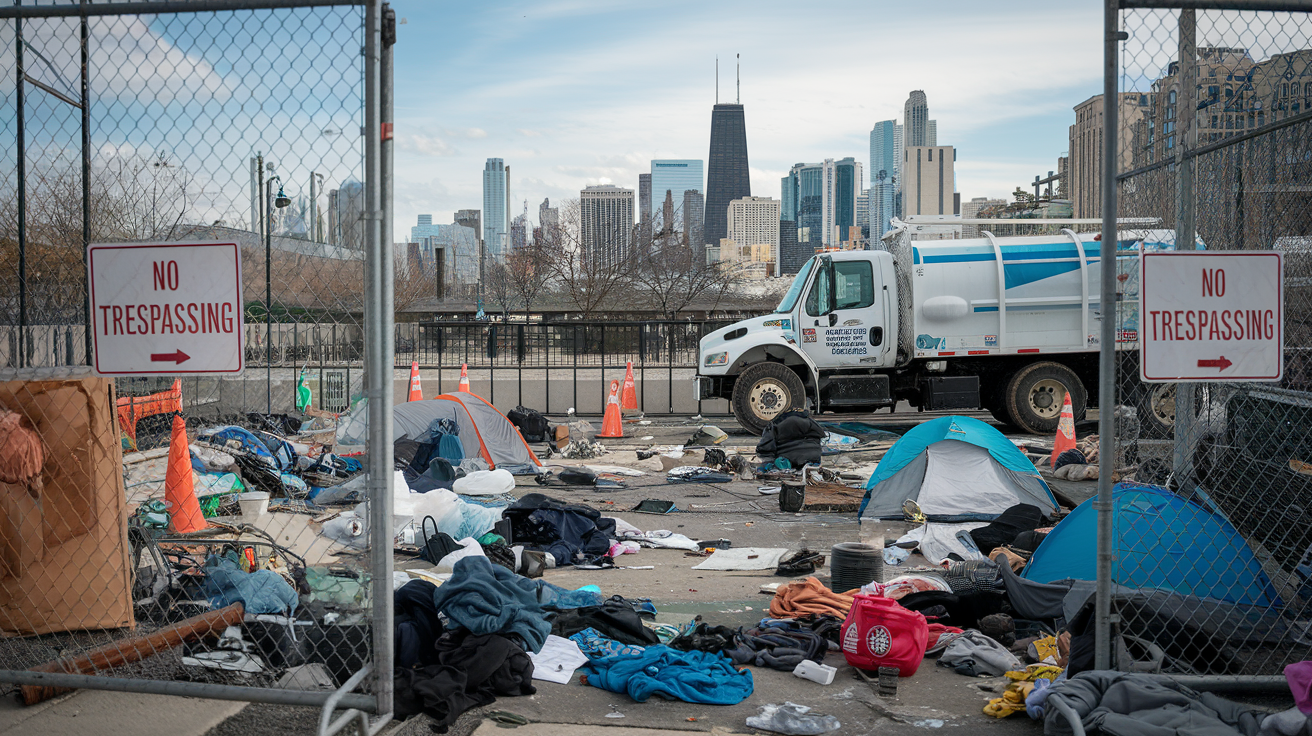The City of Selma has once again tackled the ongoing challenge of homelessness, approving a nearly $6,000 expenditure to clear a homeless encampment within city limits. This decision, discussed at the Selma City Council meeting on March 4, 2025, sheds light on the growing costs associated with these cleanups and raises critical questions about the city’s long-term approach to homelessness and public safety.
City officials cited health hazards such as human waste, discarded drug paraphernalia, and deteriorating living conditions as primary reasons for the cleanup. The city contracts a specialized firm to handle these operations, ensuring the removal process is conducted safely. However, this comes at a steep cost, with cleanups averaging thousands of dollars per site.
Selma has budgeted $60,000 for homeless encampment cleanups in 2025, but at the current rate, these funds may not be sufficient for the entire year. Some council members and residents have expressed concerns over the financial burden, questioning whether the city should allocate resources differently. While some support continued cleanups to maintain public safety and sanitation, others argue that the city should invest more in long-term solutions such as transitional housing, mental health services, and job assistance programs.
The debate also touches on the broader issue of homelessness across the Central Valley. Other cities in the region face similar struggles, with some adopting alternative approaches, such as sanctioned encampments, safe parking programs, or permanent supportive housing. Advocates argue that a combination of enforcement and support services is necessary to address the root causes of homelessness rather than just removing encampments.
City leaders acknowledge that this is a complex issue with no easy solutions. As Selma continues to refine its policies, it remains to be seen whether the focus will remain on enforcement or shift toward sustainable solutions for those in need.









